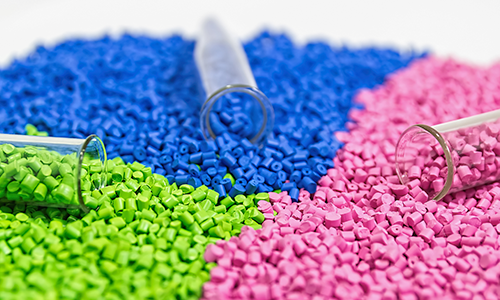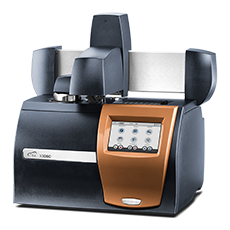How Sustainable Polymer Development is Supported by Dynamic Mechanical Analysis
Dynamic mechanical analysis (DMA) is a technique to measure the response of materials when they are subjected to dynamic or cyclic forces. Typically, dynamic mechanical analysis involves looking at the elastic and viscous response of the material when it is under a small oscillating load that probes the molecular structure’s response to the perturbation . Other variables, such as temperature, time and frequency may be changed as part of the testing to characterize how the material performs under different environmental conditions.






